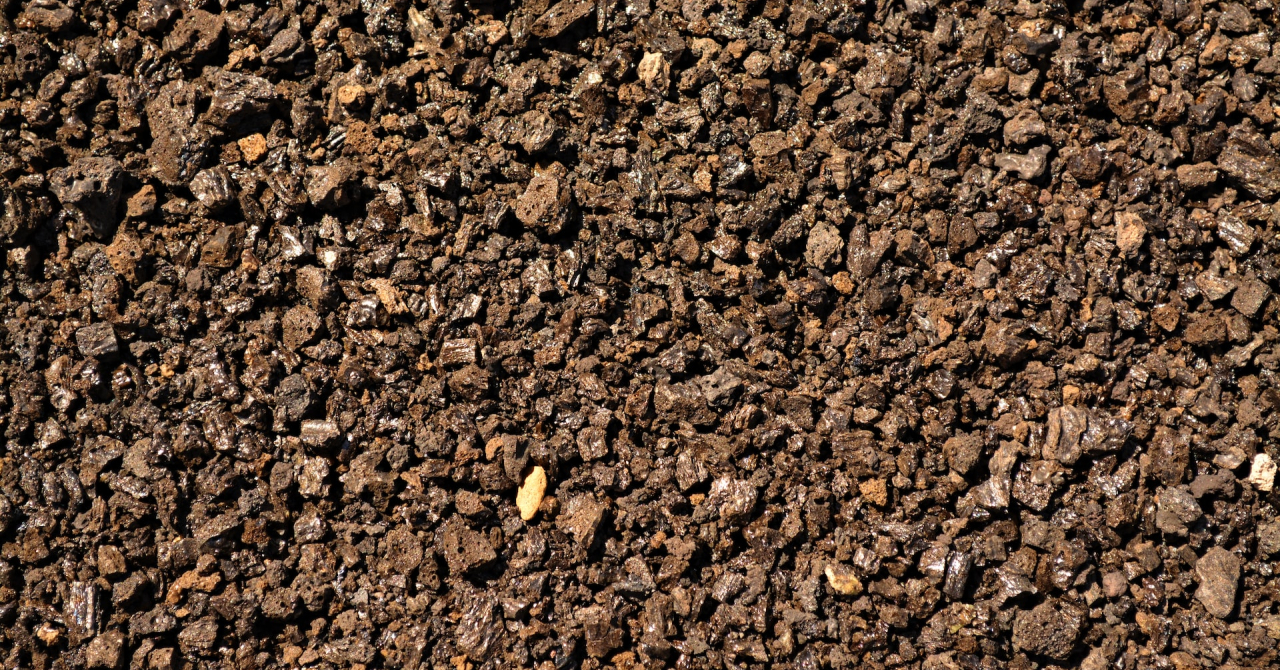According to Euronews.green, the UK government decided to fund this new ambitious project, which will try to use microbes living in the soil to store and generate energy.
Besides this new project, UK Research and Innovation is funding 67 other ideas with nearly 17 million euros which officials consider as having a "potentially transformative impact", despite being "high risk".
Lead researcher Dr. Michael Harbottle said that "the possible scale of that impact is really exciting. To see something that's really quite novel, possibly having a big impact is what's driving us."
The idea to try developing this project came after he learned about concrete batteries, which use a specific chemical process that he thought could also be exploited in other ways.
Other scientists also thought of using soil as an energy storage solution, as he says that "there are plenty of examples of people effectively just putting soil into a jar, putting a couple of electrodes in and connecting them together."
Using solar panels or wind turbines to generate energy which can then be stored in the ground means that some organisms that live there can make use of that energy to survive while preserving the power that we may need later on.
"If you make energy available to microorganisms, they’ll use it in some way to survive", Harbottle added.
Using soil-based batteries instead of lithium-ion ones, for example, could prove to be greatly beneficial for the environment, as well as a cost-effective energy storage solution.
"One advantage of the idea is it doesn't require resource-limited or hazardous chemicals like lithium that are used in other battery technologies", Harbottle said.
 Mihai - Cristian Ioniță
Mihai - Cristian Ioniță












Any thoughts?